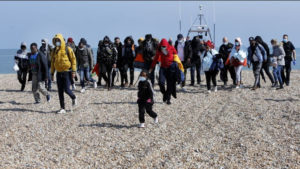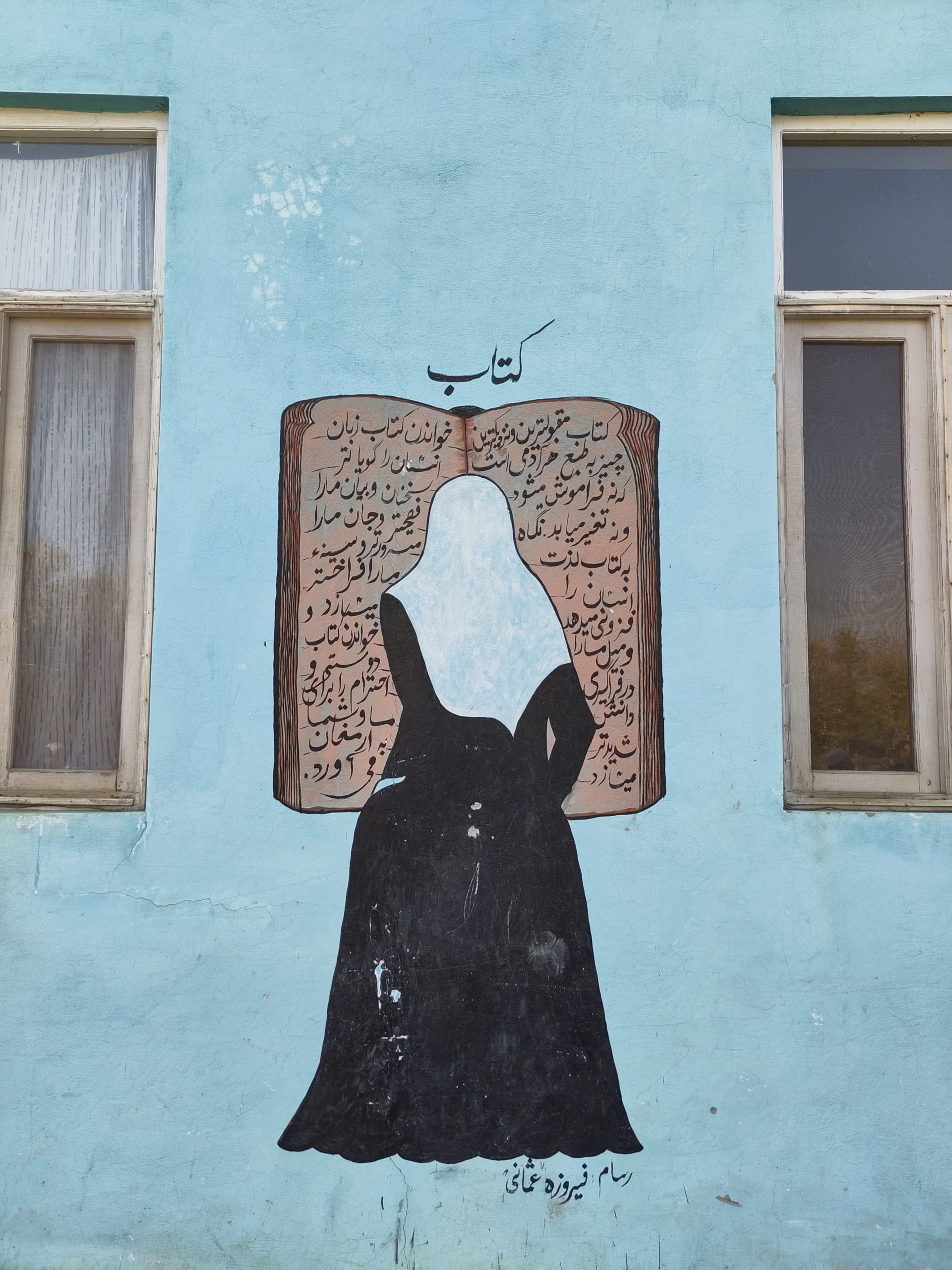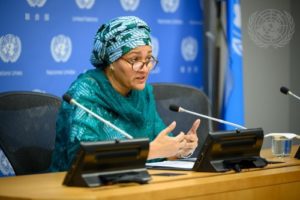
Dear Friends,
The year 2022 begins with a catastrophe unfolding in Afghanistan, fragile signs of a possible conclusion to the conflict in Ethiopia, and renewed evidence of the horrendous treatment being meted out by many governments to people seeking refuge from war and persecution.
Afghanistan
The situation in Afghanistan only gets worse, with snow and freezing conditions exacerbating the consequences of a collapsing economy. UAI is working alongside many others to identify ways to unlock Afghan national reserves blocked in bank accounts in the US and Europe.
Watch out for an initiative on this.
One of the most controversial issues around the role of US troops, and their NATO allies in Afghanistan, has been the use of ‘drones’ to target people identified as enemies. The use of armed drones has also become a major area of concern in other conflict-affected countries, including Ethiopia, Syria, and Yemen. As we saw with the attack on a vehicle in Kabul during the August evacuation from Kabul airport, the targeting of these attacks can go tragically wrong. Quite apart from general legal and ethical questions surrounding the use of these weapons in different contexts, evidence of the impact of their use on affected populations remains largely anecdotal. So, we are pleased to publish a blog by UAI volunteer and recent Masters graduate at Edinburgh University, Kaitlin Kaye, entitled “Drone usage in the ‘Global War on Terror’: The need for Justice and Accountability for Afghans”
It raises uncomfortable questions that deserve a serious response from the US authorities.
Drone Usage in the ‘Global War on Terror’
Ethiopia
The situation in Ethiopia is beginning to look more hopeful, with steps towards the lifting of the State of Emergency, talks around the setting up of a national dialogue and some reductions in the fighting. There are indications that more aid shipments are beginning to get through to people in desperate need in Tigray and other conflict affected regions. However, the situation remains volatile with reports of outbreaks of fighting in various parts of the country including the north. This inevitably also hampers the delivery of aid.
It is incumbent on governments, the UN, and regional organisations to keep up the pressure for a peaceful solution and provide access to all regions to respond to humanitarian needs.
On 7 January, to coincide with Christmas in Ethiopia, we published an important statement (See below for the link) that gave particular attention to five issues too often overlooked. They are:
- The use of hate-filled rhetoric to demonise ‘others’;
- The unregulated use of social media platforms to amplify the reach of these hate-filled messages (Note the case being brought by Rohingya communities against Facebook for failing to block genocidal messages on its platforms);
- The need for scrupulously independent investigations of alleged atrocities by all sides in the conflict and agreement on mechanisms for accountability for crimes committed;
- The importance of independent media access and internet connectivity in all parts of the country, to minimize the impact of false reporting;
- The need to support peace-building initiatives led by local communities to re-build confidence among neighbours of different identities.
UAI will monitor the national and international response to these issues in Ethiopia and produce updated reports.
UAI Statement on Ethiopia: Challenging Atrocities
Cruel barriers to those fleeing war and persecution
The story of tennis star Novak Djokovic and his attempt to play at the Australian Open shed unexpected light on another scarcely believable situation. It highlighted the unrelenting cruelty being visited on asylum seekers and others seeking refuge in Australia. In clear defiance of all relevant international laws, norms and standards, young refugees have been imprisoned, first in detention camps in Nauru and Papua New Guinea and more recently in detention hotels on the mainland. While fans of Mr Djokovic complained that he was obliged to spend 5 nights in the Park Hotel in Melbourne, the mainstream media gave little attention to the plight of other residents of the same hotel, some of whom have spent more than 3,000 nights in detention. Boys who arrived at the age of 15 are now 24 and have been deprived of basic rights for nine long years, with no indication of when if ever they may be released.
The UAI Asylum Task Team is working on an initiative to confront governments that are using cruel and illegal tactics to deter, detain or push back people exercising their right to seek asylum.
Expect a major initiative on this shortly.











